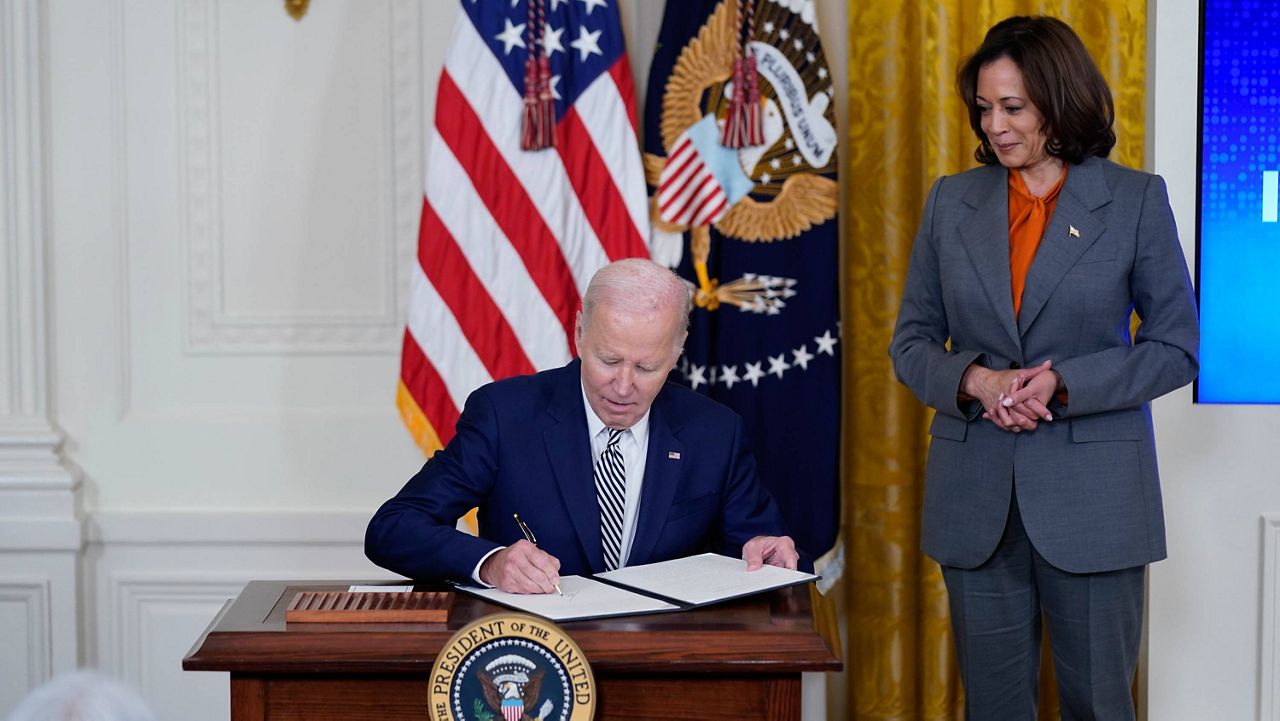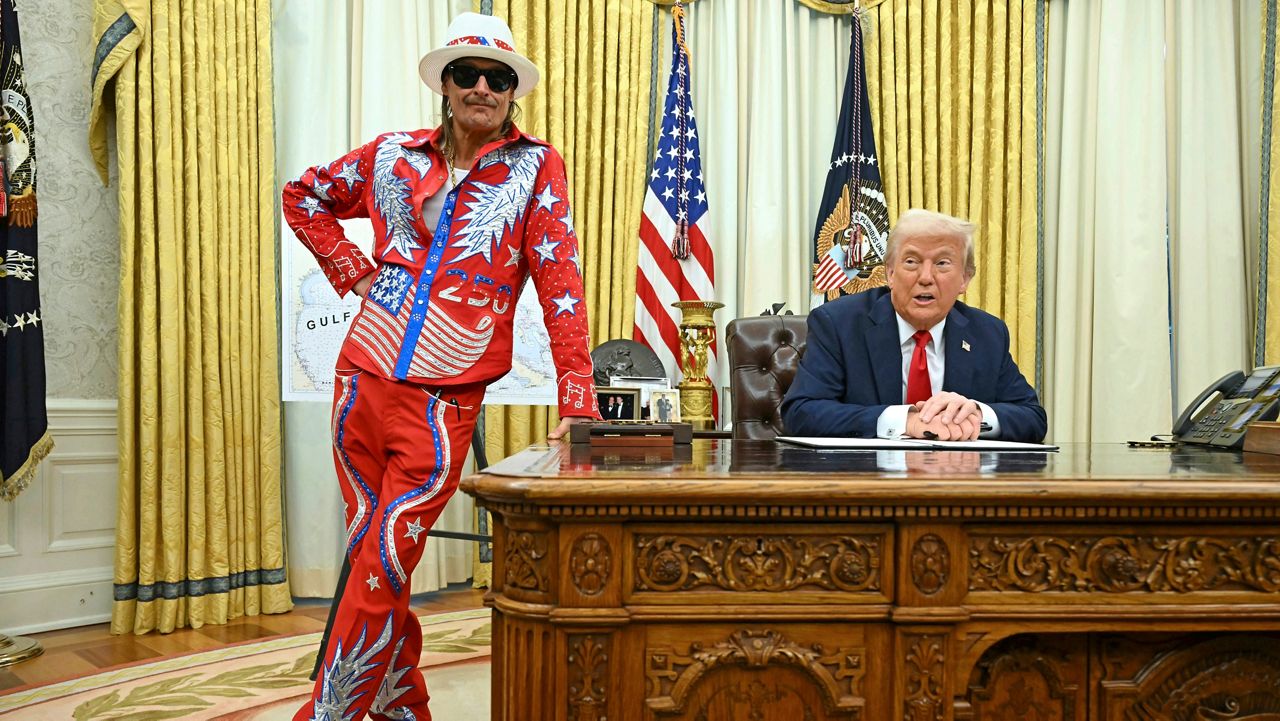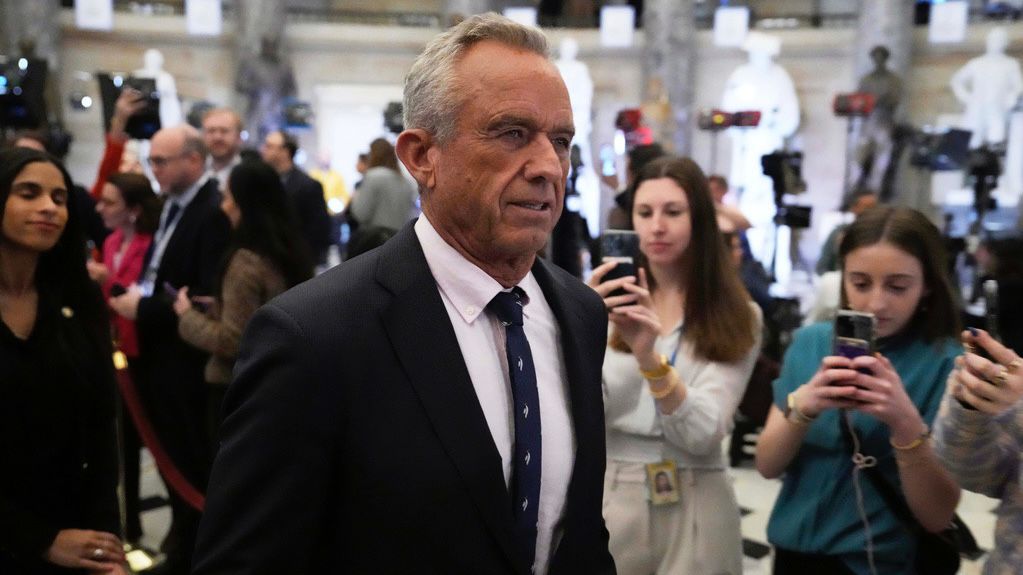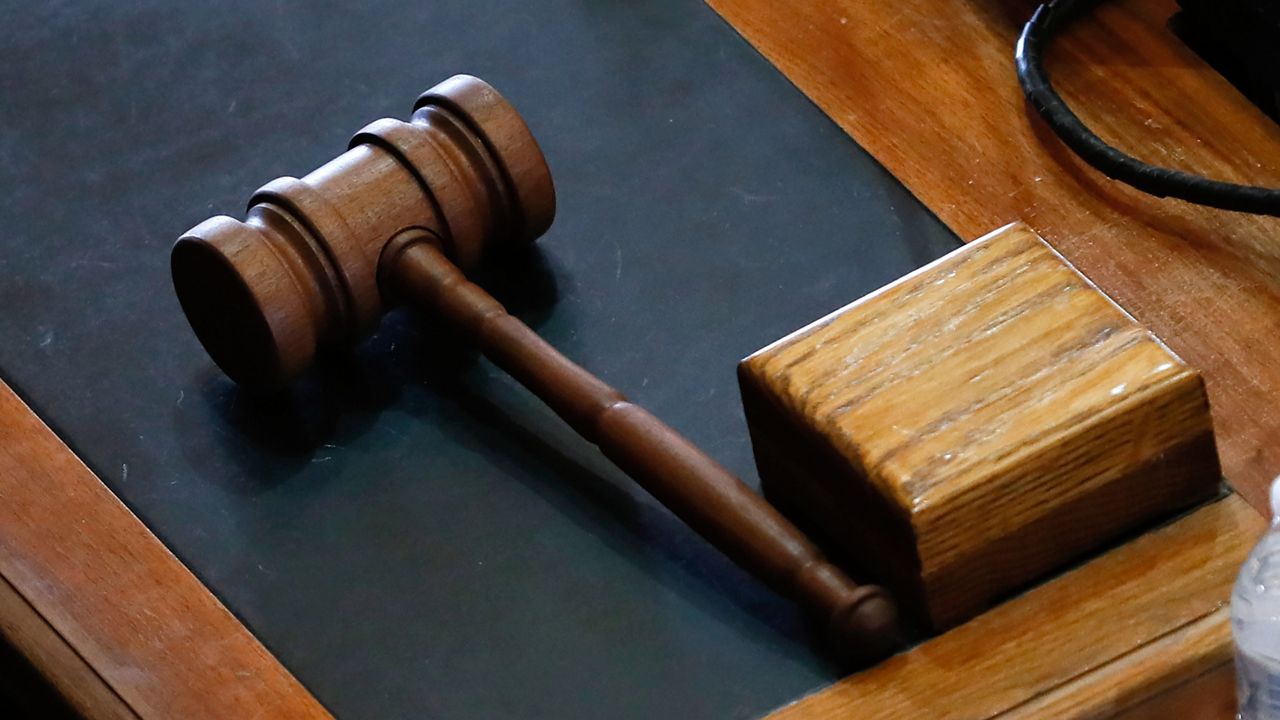Three months after President Joe Biden signed an executive order on artificial intelligence, a number of federal agencies have completed initial steps toward regulating but also encouraging further innovation of the rapidly evolving technology, the White House announced Monday.
What You Need To Know
- Three months after President Joe Biden signed an executive order on artificial intelligence, a number of federal agencies have completed initial steps toward regulating but also encouraging further innovation of the rapidly evolving technology, the White House announced Monday
- Biden’s sweeping Oct. 30 order is aimed at helping steer tech companies to develop AI technologies without realizing their potential harms
- Biden’s order included directives with deadlines ranging from 90 days to a year; all of the 90-day assignments were completed on time, the White House said
- The White House said the actions, along with the strides made on the longer-term directives, “mark substantial progress in achieving the EO’s mandate to protect Americans from the potential risks of AI systems while catalyzing innovation in AI and beyond"
Biden’s sweeping Oct. 30 order is aimed at helping steer tech companies to develop AI technologies without realizing their potential harms.
Artificial intelligence is being heralded by some as revolutionary technology that could reshape many aspects of life — everything from searching the internet to curing diseases. But some argue it could also make people expendable at their jobs, be used to promote disinformation or spiral out of the control of humans if systems are allowed to write and execute their own code. Last May, more than 350 executives, researchers and engineers working in AI signed issued a joint statement saying that mitigating “the risk of extinction from AI should be a global priority.”
"We're going to see more technological change in the next 10, maybe the next five years, than we've seen in the last 50 years," Biden said when he signed the executive order. "And that's a fact. And the most consequential technology of our time, artificial intelligence, is accelerating that change. It's going to accelerate it at warp speed. AI is all around us.
"One thing is clear: To realize the promise of AI and avoid the risk, we need to govern this technology. There's no other way around it, in my view. It must be governed."
The president said he wanted to avoid repeating the same sort of mistakes the federal government made by acting too slowly to regulate social media.
Biden’s order included directives with deadlines ranging from 90 days to a year. All of the 90-day assignments were completed on time, the White House said.
Those actions include:
- Using the Defense Production Act to require developers of the most powerful AI systems to report vital information, especially safety test results, to the Commerce Department.
- Proposing a rule that would require American cloud-computing companies to alert the government when foreign clients train powerful AI models that could be used for malign activity.
- Completing risk assessments on the use of AI in critical infrastructure.
- Launching a pilot program aimed at creating innovation, competition and more equitable access to AI research.
- Establishing a program to accelerate hiring AI professionals across the federal government.
- Starting an initiative to help fund educators who create high-quality AI educational opportunities in grades K-12 and in undergraduate college programs.
The White House said the actions, along with the strides made on the longer-term directives, “mark substantial progress in achieving the EO’s mandate to protect Americans from the potential risks of AI systems while catalyzing innovation in AI and beyond.”
Monday’s announcement came on the same day Biden Deputy Chief of Staff Bruce Reed convened a meeting of the White House AI Council, which consists of top officials from a wide range of federal departments and agencies.








